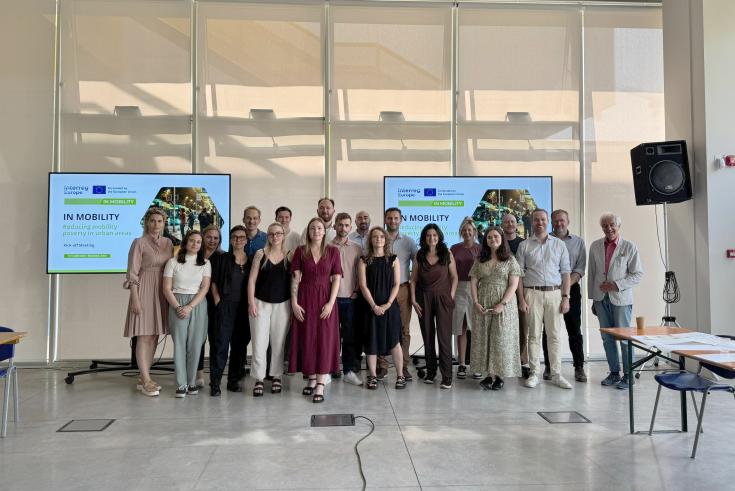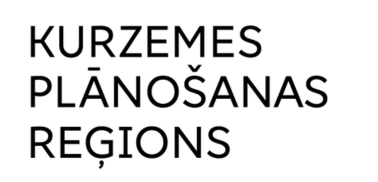
On 11–12 June 2025, the city of Bologna (Italy) hosted the launch event of the European project IN MOBILITY – Reducing mobility poverty in urban areas. The event brought together all international project partners for a joint technical planning session and exchange of good practices in the field of inclusive urban mobility policies. The agenda included the presentation of policy instruments addressed by each partner, the work plan for the first two semesters, as well as the communication and dissemination components. Additionally, during the Capacity Building Event, participants analyzed the dimensions of mobility poverty – from the availability and economic accessibility of transport services to social exclusion and the public perception of vulnerability in urban mobility. The second day was dedicated to a study visit showcasing relevant examples of regional policies implemented in the Emilia-Romagna Region, such as the “Bologna Città 30” strategy, mobility solutions for workers in peri-urban agricultural areas, and electric shared mobility services operated by the regional public transport company.

A new project to tackle mobility poverty in EU
IN MOBILITY is a project dedicated to inclusive, fair, and accessible urban mobility for all. It is funded under the Interreg Europe 2021–2027 Programme, under Policy Objective 2 – A greener Europe. The IN MOBILITY consortium consists of ten organizations from five European regions. The project activities aim to support sustainable, but more importantly, socially just and inclusive urban mobility policies. The consortium includes: the Institute for Transport and Logistics (Italy) as Lead Partner, the North Aegean Regional Development Fund (Greece), the Podkarpackie Region (Poland), the City of Bruges (Belgium), the Municipality of Amsterdam (Netherlands), the Kurzeme Planning Region (Latvia), the Executive Committee of the Chernivtsi City Council (Ukraine), the City of Kragujevac (Serbia), the Municipality of Alba Iulia (Romania) and the Erasmus Centre for Urban, Port and Transport Economics BV (Netherlands). Associated authorities in the project include the Emilia-Romagna Region and the North Aegean Region.
Project Objective
The project’s main objective is to improve 9 European policy instruments to prevent unintended consequences that arise in urban mobility and reduce mobility poverty by promoting the exchange of experience between local and regional public authorities across Europe. These authorities face similar challenges related to social exclusion and limited or restricted access to mobility.
Identified Challenges
Among the key challenges identified and addressed at the European level are:
- People with no or low income who cannot afford the costs of public transport;
- Citizens who cannot afford a personal car or other micro-mobility options (e.g., taxi, ride-sharing);
- Children excluded from social and educational activities due to a lack of transport options;
- People who rely on bicycles but cannot afford necessary repairs to commute to work or perform everyday activities.
Activities and Addressing Social Inequities in Mobility
Throughout the interregional learning process, the partners will focus on four key dimensions:
- Transport availability
- Accessibility and transport conditions
- Social exclusion
- Public acceptance
To improve public policy instruments, consortium entities will:
- Launch new calls for projects dedicated to addressing mobility poverty;
Integrate just transition criteria and socio-economic considerations into transport strategies;
Review existing policies to shift from traffic-centered approaches to citizen-centered needs; - Contribute to creating more equitable urban mobility policies;
- Help reduce the risk of social exclusion through mobility solutions;
- Strengthen administrative capacity in sustainable mobility policy-making;
- Support a just and inclusive transition towards more sustainable and connected European cities.
Duration and Budget
Project duration: 1 May 2025 – 31 July 2029
Total budget: EUR 2,088,696
In the long term, the project will support a fair and smart transition toward cleaner, more connected, and more inclusive European cities, ready to meet the challenges of the future.
Learn more: www.interregeurope.eu/in-mobility
Project IIN MOBILITY is implemented within the frame of INTERREG EUROPE Programme, co-funded by the European Regional Development Fund (ERDF)

